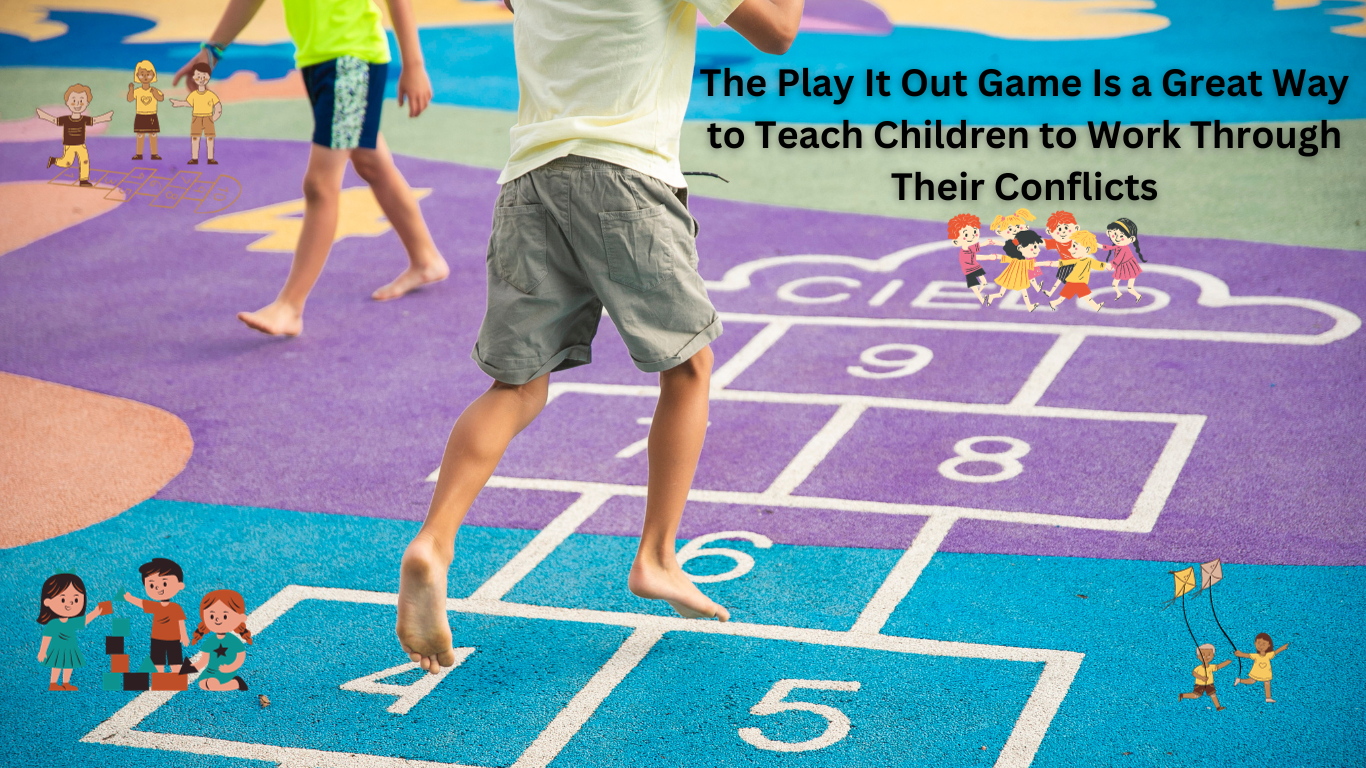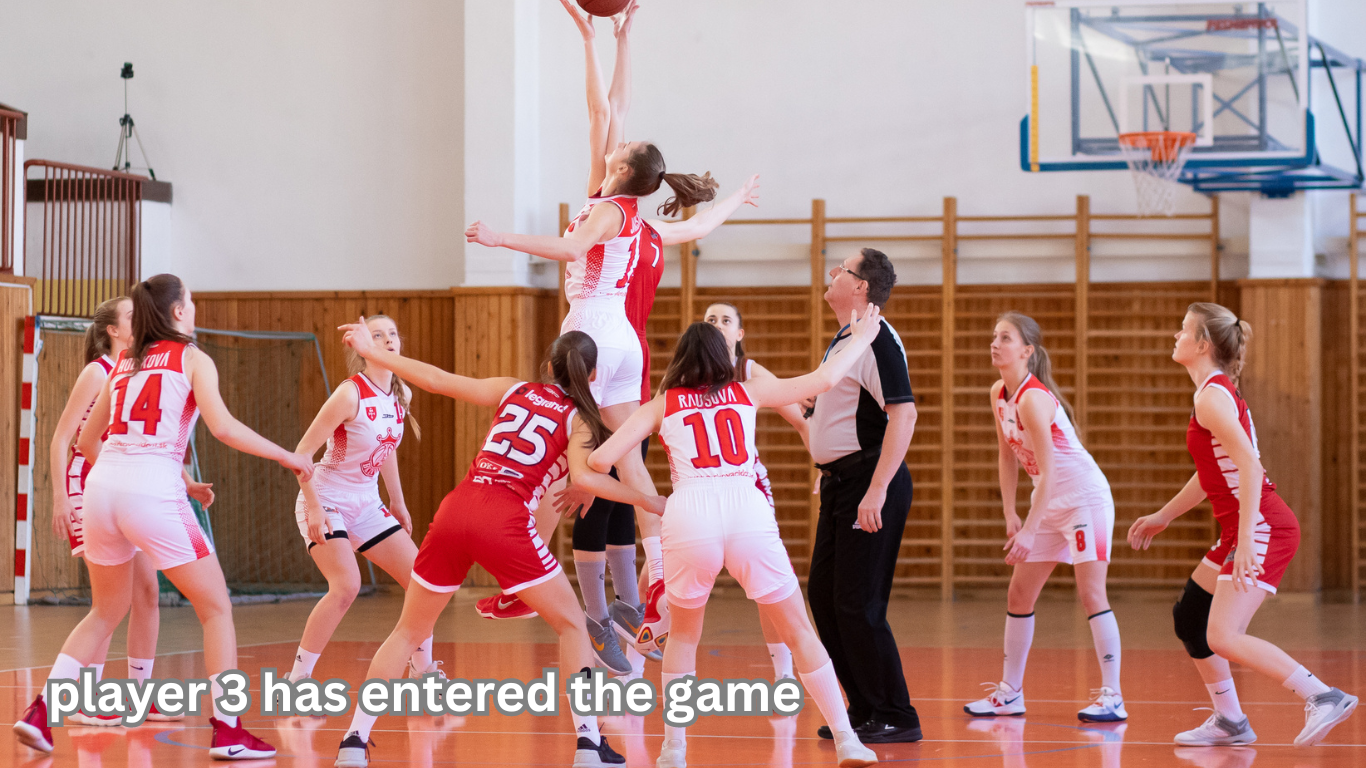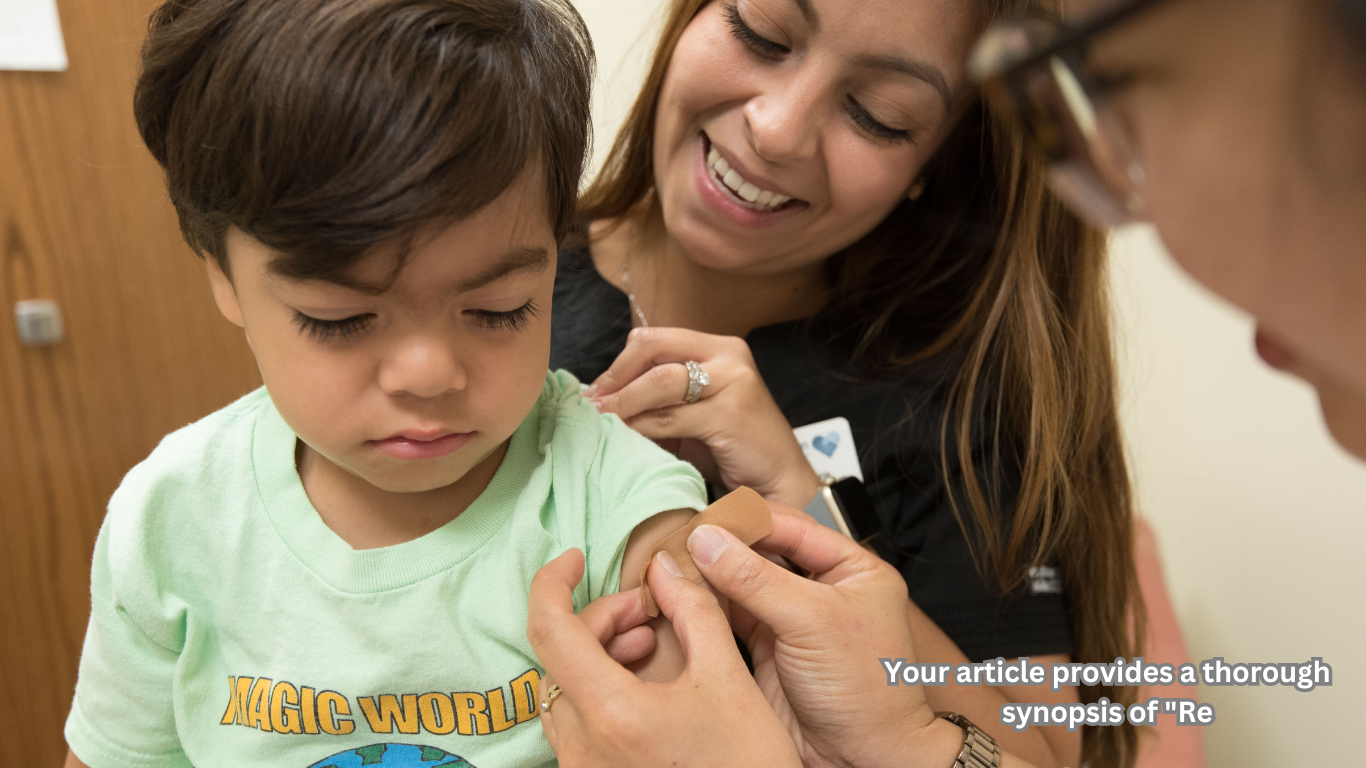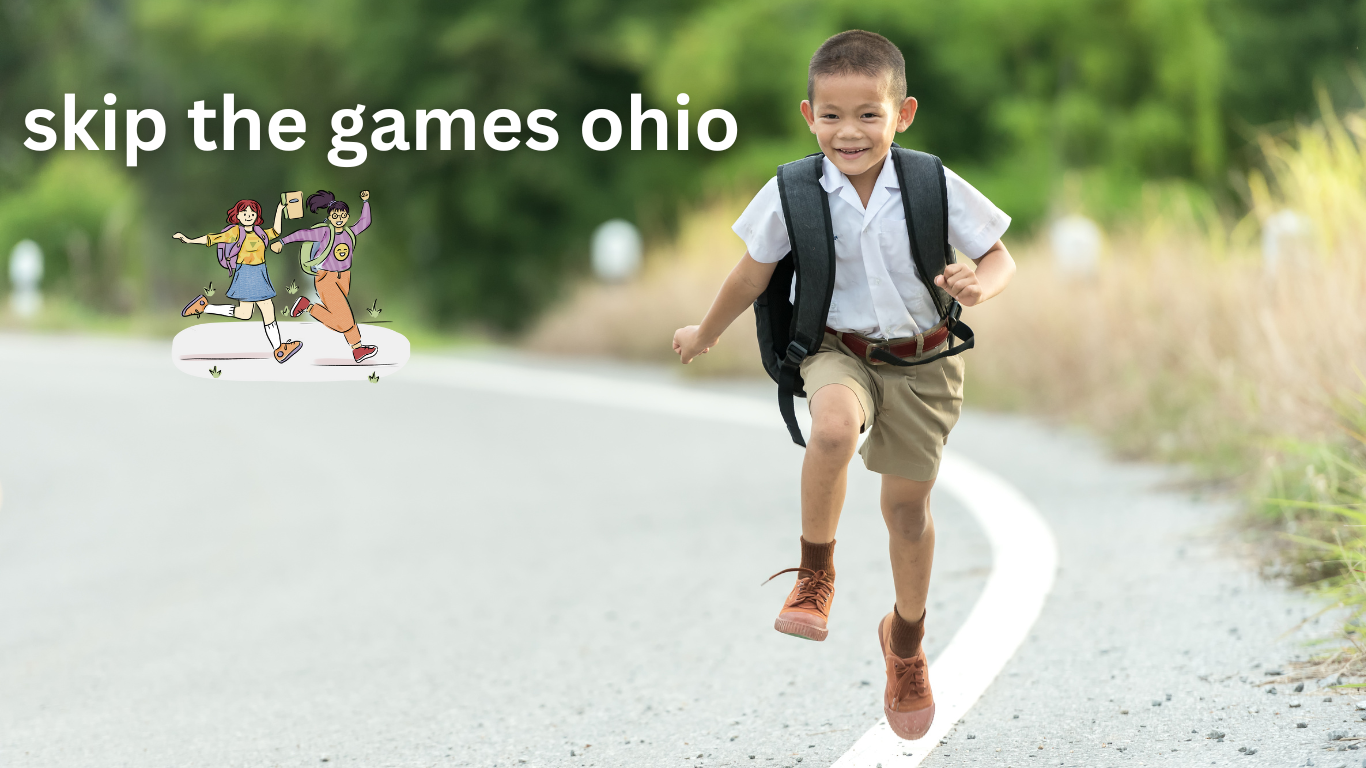Disagreement is inevitable in growing up, whether on the playground or between siblings. However, how can we guide young children through these conflicts positively and productively? Step into the realm of games that help you resolve disputes! In addition to providing hours of amusement, these games teach children lifelong skills like empathy, problem-solving, and communication.
From Traditional Board Games to Exciting New Role-Playing Journeys:
Games that help resolve conflicts are great because of how adaptable they are. Age groupings, interests, and conflict scenarios can all be considered when designing them. Here are a few exciting possibilities:
- Cooperative Board Games: To reach a shared objective, participants in cooperative board games such as Pandemic or Forbidden Island must overcome obstacles and resolve conflicts. When they see cooperation in action, children understand the importance of working together to solve problems and reach compromises.
Activities to Foster Empathy: The power of role-playing games to foster empathy is genuinely remarkable. In a dispute scenario, have the children take turns being the one to start the argument and the one to be the one to receive it. This promotes comprehension by allowing students to view the issue from many angles.
- Games that Tell Stories: Work together to write stories where characters face challenges. Get the youngsters to think about problems and possible solutions by having them weigh the pros and disadvantages of each choice. Creative problem-solving and improved communication are two outcomes of this interactive storytelling.
- Communication Charades: Let’s split into teams and pretend to act out situations involving emotions or disagreements using only our body language. Someone on the other team must take a wild guess and devise a solution. Essential skills for resolving conflicts, such as active listening and nonverbal communication, are fostered in this game.
Game No. 5: “I Feel” Statements 1. Show children how powerful “I feel” comments may be. Using this straightforward technique, they can confidently communicate their emotions without criticizing or assaulting others. Use the game as a practice for “I feel” statements and then push for their use outside of it.
Realizing the Potential of Skills in Real Life:
Keep in mind that using games to resolve conflicts is only the beginning. When children apply these abilities to their regular encounters, the magic happens. I have some suggestions:
Show kids how to communicate effectively: Demonstrate how to respectfully and calmly handle disagreements by using “I feel” statements and actively listening. Give them chances to practice: Encourage children to talk to you or their siblings about their conflicts, and when they do, offer advice and praise their attempts at constructive communication.Don’t punish disagreements; Instead, use them as opportunities to teach them new approaches and improve their conflict resolution abilities.
Putting money into games that teach kids to resolve conflicts is a smart move for their future. Giving kids fun ways to practice empathy, problem-solving, and communication skills can help them handle life’s inevitable conflicts with grace and dignity. Gather your players, roll the dice, and prepare for some games! An ideal foundation for developing essential life skills is a sense of play.
Get Ready! Game Rules for Resolving Conflicts: An Engaging Handbook for Powerful Interactions
While the idea of conflict resolution games for children is appealing, it may raise concerns among parents. Have no fear, brave play-based educators!
In this Frequently Asked Questions area, we address your worries and give you the tools to help your children learn to resolve conflicts through play.
Q: Which age range would enjoy these games the most?
Being able to adjust is where the beauty is! Various games can be adapted to suit multiple age groups. Pick out easier things to do with pictures for the little ones; as they age, you can ease them into more complicated methods and conversations.
Question: My kid plays well by himself. Are they also able to play games?
Sure thing! Motivate imaginative storytelling by having children play narrative games where they develop their conflict scenarios and find their solutions. Stuffed animal role-playing games and puzzles are another great way to help kids develop empathy and critical thinking abilities.
My kid despises playing video games. In what ways can I involve them?
Could you give it a personal touch? Give children the freedom to pick the stories, games, or scenarios they want to play. Transform mundane scenarios into imaginative investigations of resolving conflicts. Playing out a dispute between two dinosaurs that everyone loves will surely bring a grin to anyone’s face.
Question: Are these games effective?
Can they put an end to my children’s bickering?
Learning how to resolve conflicts requires dedication and repetition. Though these games offer a risk-free environment for discovery, putting them into practice in the real world requires constant direction and encouragement. Remember that even tiny steps towards better communication are successes worth celebrating, and gently remind them as they work.
Question: How do I locate these games?
There are a lot of resources out there! You can find game printables and ideas on educational websites, online forums, or even at your public library. The strength of your ideas should always be considered! A deck of playing cards or a sheet of paper can transform into a potent instrument for crafting your imaginative journeys of conflict resolution.
Do you have any other suggestions on how I can assist my child in learning to resolve conflicts?
Exhibit good communication skills as you engage in conversations with others. Motivate them to talk freely about how they’re feeling and what they’ve been through. Remember that kids sometimes pick up the most important life lessons by observing the adults in their immediate vicinity.
Empower your kid to establish stronger connections, solve problems creatively, and confront life’s challenges with confidence and compassion by embracing the magic of play and arming them with fun and practical skills for navigating conflict. Now is the time to play to better resolutions—grab the dice and let your inner child go!
Conclusion
Always remember that the true purpose of playing conflict resolution games goes beyond victory or defeat. It is about personal development, education, and laying the groundwork for a lifetime of constructive dialogue. So come along on the fun ride, rejoicing in the minor wins as you see your children develop into self-assured, caring problem solvers.
Have fun playing and solving problems!
Bonus Hint:
Let your imagination run wild! Develop your games based on your child’s interests and conflicts to help them resolve them. All sorts of things could be done!
We can help our children handle conflict with poise, empathy, and a smile by recognizing the importance of play and giving them the resources they need. Happy playtime implies happy resolutions, so keep that in mind!




